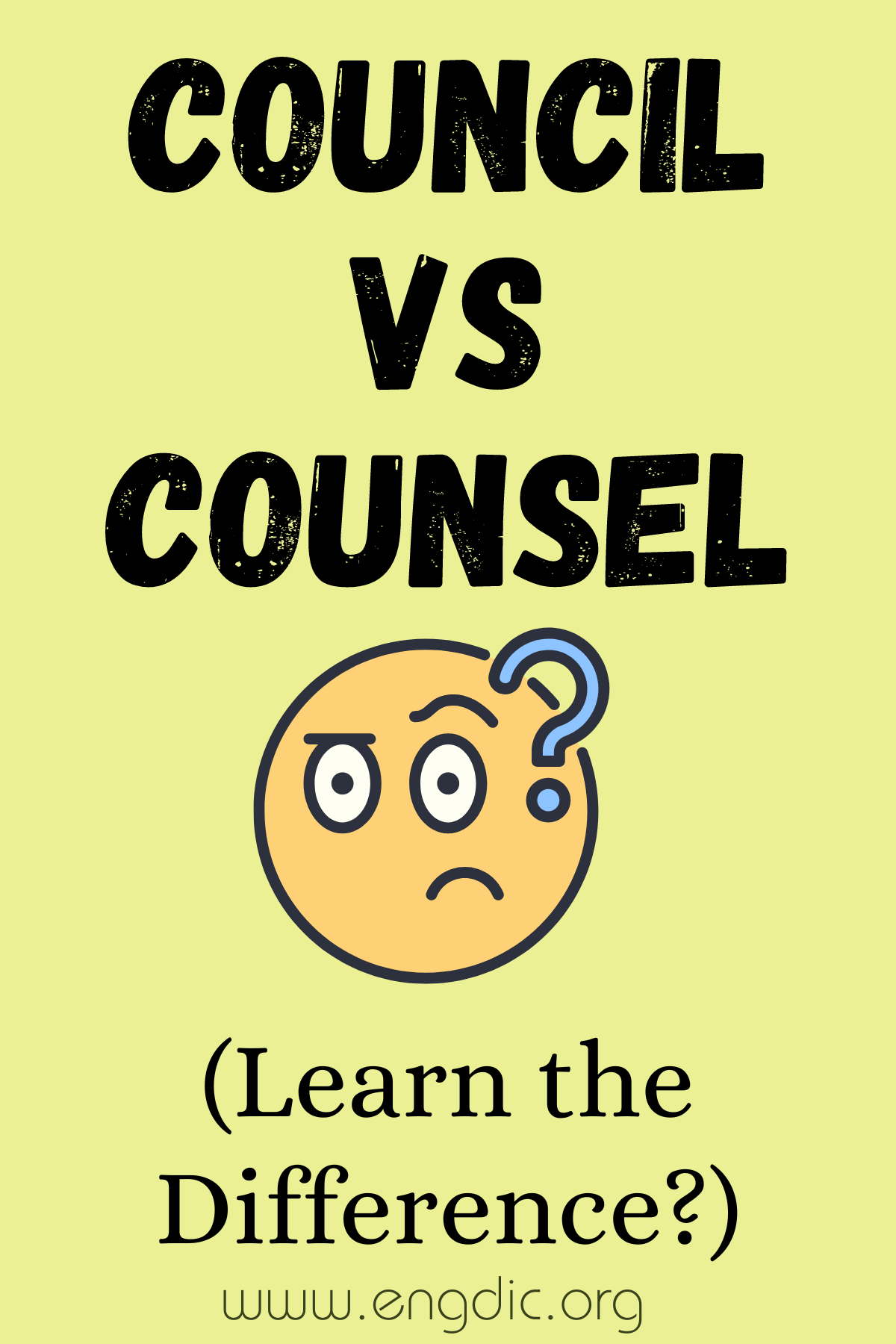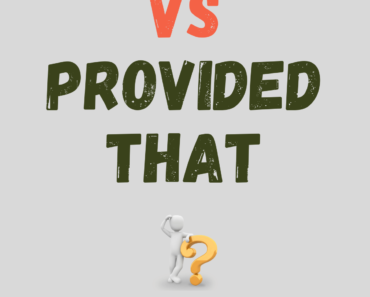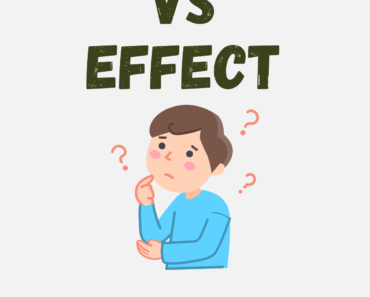Despite sounding similar, “council” and “counsel” differ significantly in meaning and usage.
- “Council” refers to an assembly or group of individuals convened for advice, decision-making, or governance, often in public or governmental contexts.
- “Counsel,” on the other hand, relates to advice or guidance, especially of a legal nature, or refers to the act of giving such advice.
Recognizing these differences helps avoid confusion, ensuring effective communication in both spoken and written language.
Council
Definition: A council is a formal assembly or group of individuals who gather for the purpose of consultation, advice, or decision-making. Councils typically serve in governmental or organizational capacities.
Usage and Examples:
- Governance: City councils manage local government affairs. Example: The city council voted to approve the new park project.
- Advisory Role: A council may act in an advisory role, providing expert recommendations. Example: The economic council advised on fiscal policy changes.
- Organizational Context: Councils can also exist within organizations, influencing policies and practices. Example: The council of elders plays a significant role in decision-making.
Counsel
Definition: Counsel refers to advice or guidance, especially legal advice, or to the act of providing such guidance. It can also mean a lawyer or group of lawyers representing a client.
Usage and Examples:
- Legal Advice: Legal counsel represents clients in court and provides advice on legal matters. Example: The defendant sought legal counsel before the trial.
- General Advice: Counsel also means providing advice or guidance in a non-legal context. Example: The manager sought counsel from his mentor on handling the situation.
- Verb Usage: As a verb, “counsel” means to give advice or guidance. Example: The therapist counseled the couple on improving their relationship.







